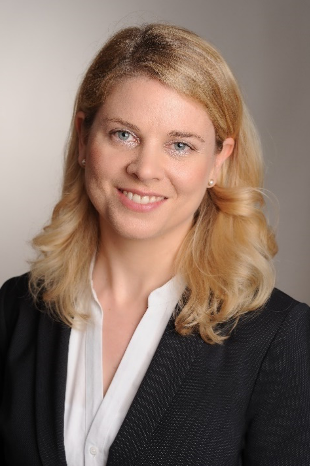Vortrag
 |
Dr. Dorothee Kohl-Dietrich (University of Koblenz-Landau, Germany) A talk for the ↗︎ Virtual Laboratory September 10, 2020, 6:30-8:00 p.m. |
Abstract
Cognitive Linguistics (CL) emphasizes the centrality of physical experience for cognitive development. Cognition is regarded as embodied and language as part of the human cognitive system is shaped by how human beings interact with their physical and social environment. Therefore, language is usage-based and form-meaning mappings can be explained on the basis of their conceptual motivation. This talk focuses on the pedagogical potential of the CL-framework with regard to language teaching and learning in the foreign-language classroom (Niemeier, 2017). The first part of this talk introduces key tenets of CL and helps to understand language as a motivated and meaningful system. The second part bridges the gap between CL theory and teaching practice by providing an overview on how a CL-inspired teaching approach to selected aspects of cognitive grammar (e.g. tense and aspect, prepositions) can be implemented in the language classroom.
Bio
Dr. Dorothee Kohl-Dietrich is a lecturer and post-doc in the Department of Education at the University of Koblenz-Landau, Germany. She completed her PhD (2017) at the University of Koblenz-Landau, Department of English and American Studies, with a dissertation on Cognitive Linguistics in the English as a Foreign Language Classroom: An Empirical Study on Teaching Phrasal Verbs which was funded by the German Research Foundation. Her main research areas are Applied Cognitive Linguistics, cognitive approaches to second language acquisition and learning, evidence-based language teaching and learning, language pedagogy and cultural mediation in the foreign language classroom. She has been involved in foreign language teaching and learning at different levels: as a secondary school teacher, as a university lecturer for prospective teachers and as a trainer for in-service teachers.
Recommended Literature
Kohl-Dietrich, D (2019). Cognitive Linguistics in the English as a Foreign Language Classroom: An Empirical Study on Teaching Phrasal Verbs. Münster: Waxmann.
Littlemore, J. (2009). Applying Cognitive Linguistics to Second Language Learning and Teaching. Basingstoke: Palgrave Macmillan.
Niemeier, S. (2017). Task-based Grammar Teaching of English: Where Cognitive Grammar and Task-based Language Teaching Meet. Tübingen: Narr Francke Attempto.
Robinson, P., & Ellis, N.C. (eds.) (2008). Handbook of Cognitive Linguistics and Second Language Acquisition. New York: Routledge.
Tyler, A. (2012). Cognitive Linguistics and Second Language Learning. New York: Routledge.
Tyler, A., Ortega, L., Uno, M., & In Park, H. (eds.) (2018). Usage-inspired L2 instruction. Amsterdam, Philadelphia: John Benjamins Publishing Company.
|
The project aims to popularize and promote cognitive and neurocognitive sciences data The Virtual Laboratory (a MOOC-like resource) constitutes an open collection The recorded videoconferences will be available at the webspace ↗︎ Detailed project description If you are interested in presenting a talk within the Virtual Laboratory, |
|



